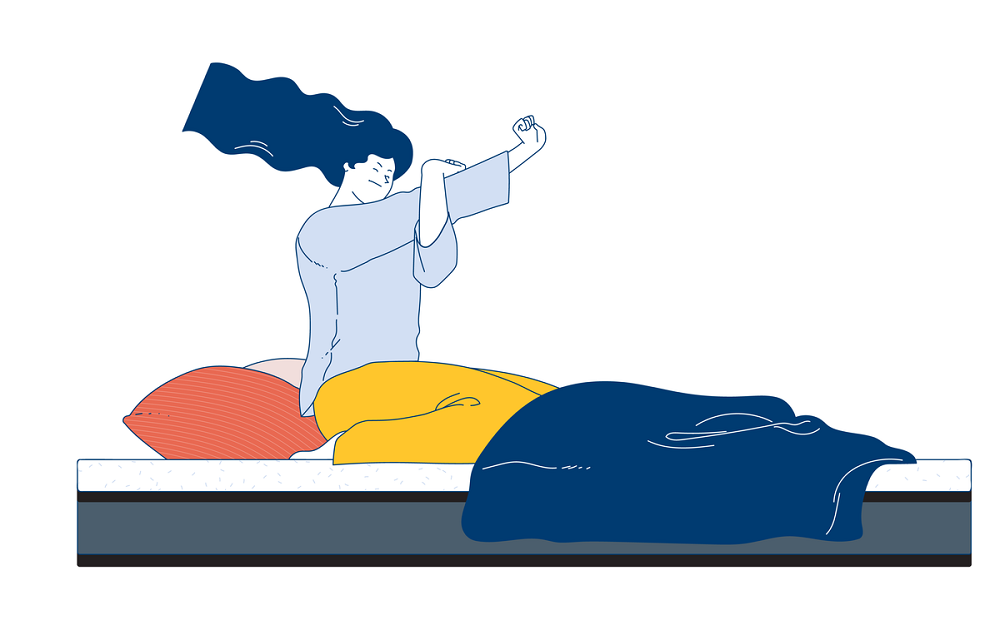Are you training for a marathon? Maybe you’re an avid gym goer, or getting into weightlifting. No matter the kind of training that you do, you’ve probably felt body pains or aches after exercising, and maybe even received an injury or two. We’ve brought in Dane Ford, a Sydney-based physio, to tell us the best kept secret for recovery.
When it comes to improving recovery after exercise and reducing your injury risk, there are a number of common strategies that may come to mind. Some common ideas that I hear from clients when asked about their recovery and performance strategies include “eating well, drinking enough water, using ice baths, massage, stretching, compression garments” and even the occasional “hyperbaric chamber”.
But there may be another significant (and far less extreme) strategy that you may not have considered, and it is something that you do every single night. Optimising sleep quality, quantity and timing can have a huge impact on your recovery from exercise and reduce your risk of injury.

This is highlighted by the impact that poor sleep quality can have on both our physical and mental performance. This includes:
Changes to our hormone levels (such as decreases in the muscle-building Human Growth Hormone, and increases in the stress hormone and muscle depleting Cortisol)
Increases in pro-inflammatory markers which hinder muscle recovery and repair from the microtrauma that we experience from exercise.
Poor mood state and increase in our mental stress.
Reduced immune function.
One particular research study on adolescent athletes found that those who slept for less than eight hours per night were 1.7 times more likely to experience an injury than those who slept for more than eight hours at night.
However, how long you sleep each night is not the only important factor – sleep quality and timing are also key. For example, the timing of your bedtime will affect your circadian rhythm.
Here are some strategies to help improve your sleep, and therefore your exercise recovery and reduce injury risk:
Set a regular sleep schedule – going to bed and waking up at the same time each day, aiming for 8 hours of sleep per night.
Avoid caffeine and alcohol before going to bed.
Limit exposure to blue light before going to bed – The blue light that is emitted from screens delays the release of Melatonin and upsets our body’s circadian rhythm.
Maintain a comfortable bedroom temperature.
So next time you think about forking out heaps of money and hopping into a hyperbaric chamber to help you recover from a tough gym session, take a minute and hop into bed instead.



